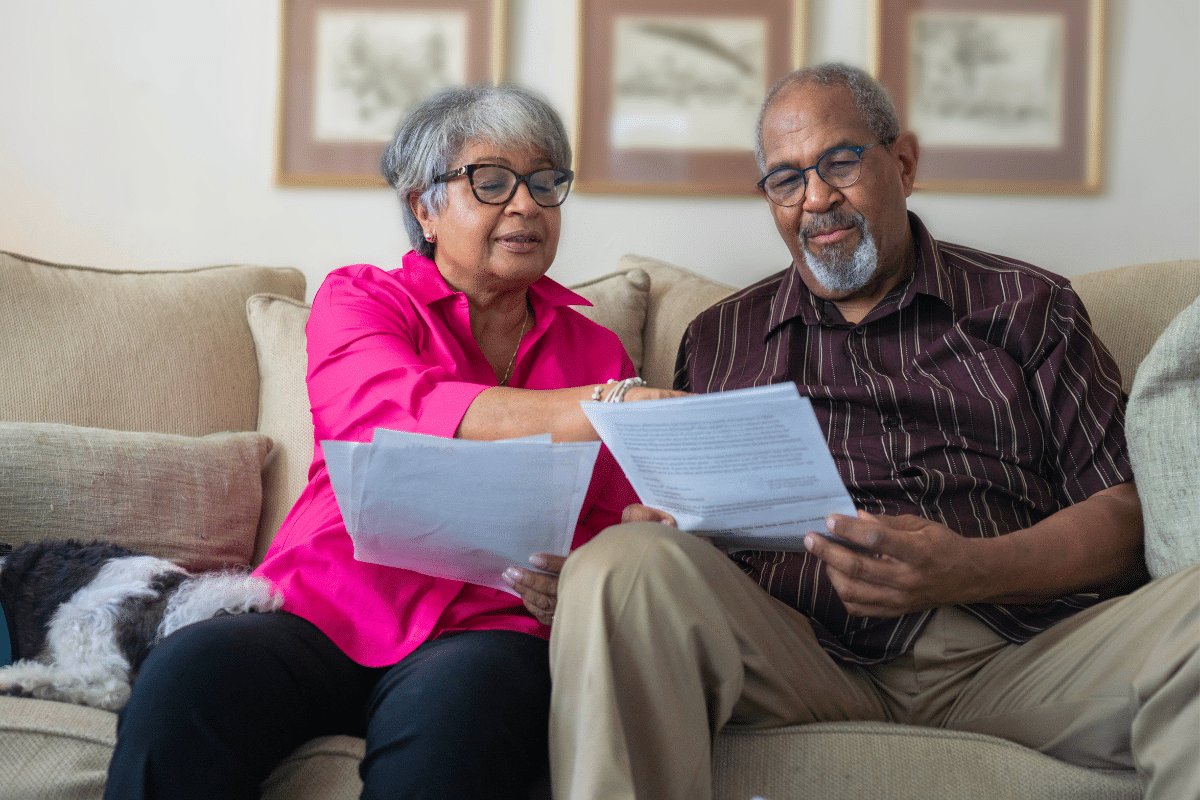The U.S. federal government was shut down from October 1, 2025 to November 12, 2025. Though most operations have resumed, many federal and state agencies are still catching up — meaning the aftershocks of the shutdown may linger into the coming weeks or months.
During this COVID-19 emergency period, New York state has eased the rules for all Medicaid clients. What this means is that the Medicaid rules in regard to applying and recertifying for Medicaid have been relaxed. This easement is projected until January 2022.
Here is a summary of the latest update:
New Applications
Medicaid applicants may attest to all elements of eligibility except Immigration Status and Identity if the immigration document does not also prove identity. Copies of documents that prove immigration and/or identity status should still be submitted. If clients are unable to submit this documentation due to the COVID-19 emergency, the application should still be submitted. Clients will be given an opportunity to submit the documents later.
Medicaid applicants whose citizenship status is not verified through data sources will also be given an opportunity to submit the documents later.
Medicaid applicants do not need to provide proof of their Medicare application; this requirement is waived for the period of the COVID-19 emergency.
Resources at Application and Renewal
Currently, Medicaid applicants/recipients can attest to their resources. Even though the Attestation Policy states that to receive community-based long-term care a consumer must document their current monthly resources, during the COVID-19 emergency, Medicaid applicant/recipients can attest as to the value of their current monthly resources.
The same easement applies to Medicaid recipients who have an active case without care based long-term care (CBLTC) and experience a new service need.
Signing Applications
If a hospital or nursing home is singing on behalf of a Medicaid applicant because the individual is unable to sign due to the COVID-19 emergency, then an additional form must be submitted with the application (MAP-3044).
Guardianship
If a Guardianship proceeding is commenced and a copy of the petition is provided along with an attestation explaining why proof of filing is not available, then income and assets are to be considered unavailable for purposes of Medicaid eligibility.
The same rule will apply if they are unable to file a petition with the court and the proof of filing with the court will be submitted to the local district once received by the attorney from the court or that filing will be made once the court allows.
Renewal
During the COVID-19 emergency, no Medicaid cases will be closed for failure to renew or failure to provide documentation. Any case that is closed for failure to renew or failure to provide documentation will be re-opened and coverage restored to ensure no gap in coverage.
Renewals will be extended for 12 months. Excess resources cases will be extended for 6 months.
- Medicaid cases with an authorization that ends in March through December 2020 have been extended. New York State has also authorized this renewal extension for cases with an authorization ending in January thru December 2021.
- The renewal extension applies to all renewal cases including Office of Mail Renewal, MLTC, Surplus renewals, Nursing Home Eligibility, Medicare Savings Program, MBI-WPD (entitled to 6 months extended grace period if loss of employment), Stenson/Recipients who lose their SSI eligibility and Rosenberg/Recipients who lose their eligibility for cash assistance.
- Guardianship at renewal: All cases will be extended regardless of the status of the guardianship.
Anyone denied Medicaid or ongoing Medicaid services should seek the services of an experienced Elder Law Attorney to advise you on your legal rights to Medicaid. Contact us today.




Comments (0)